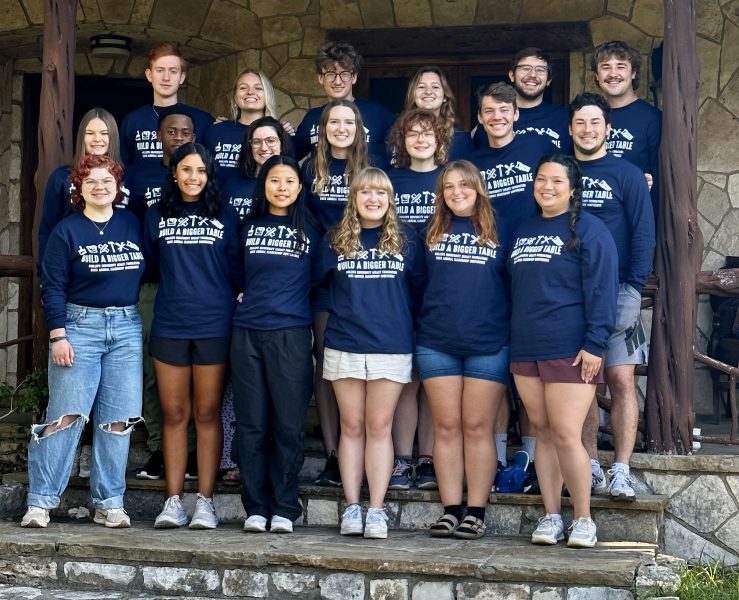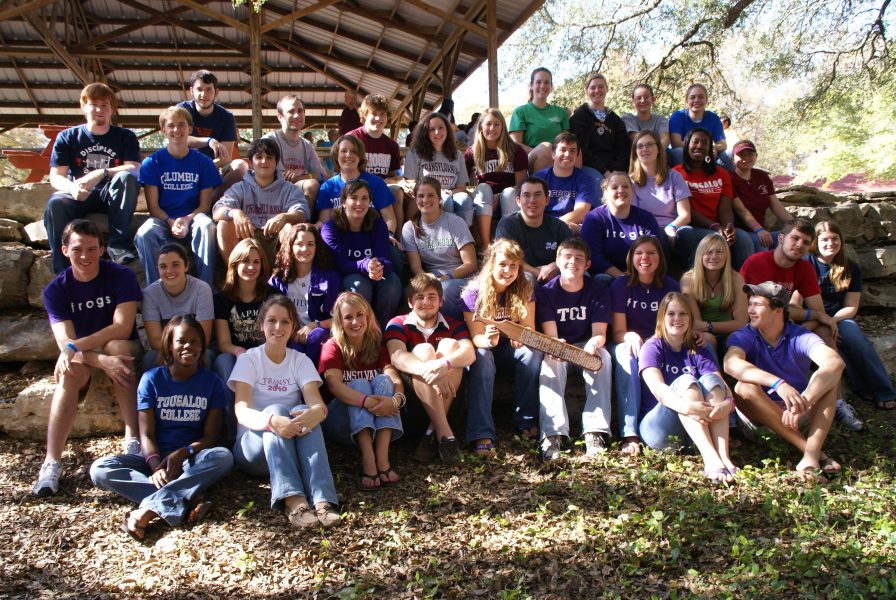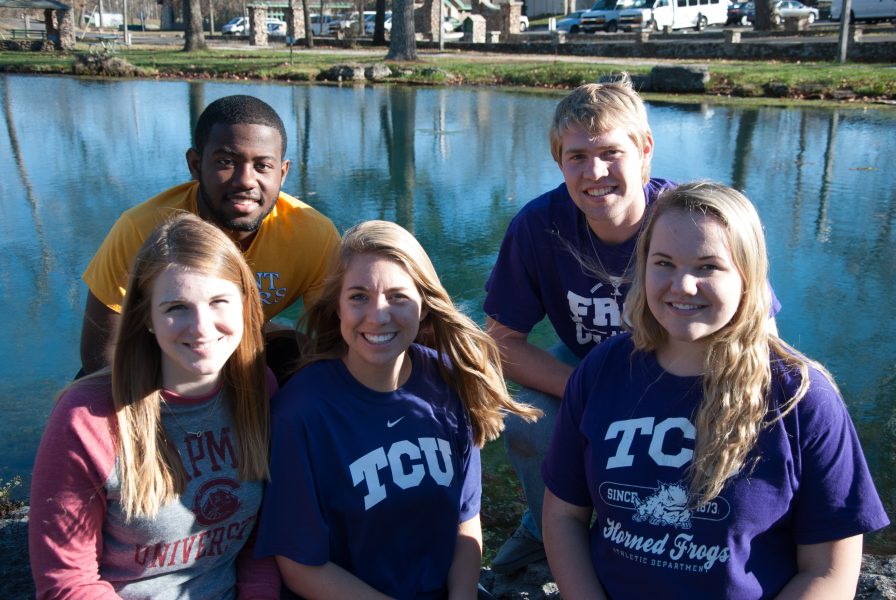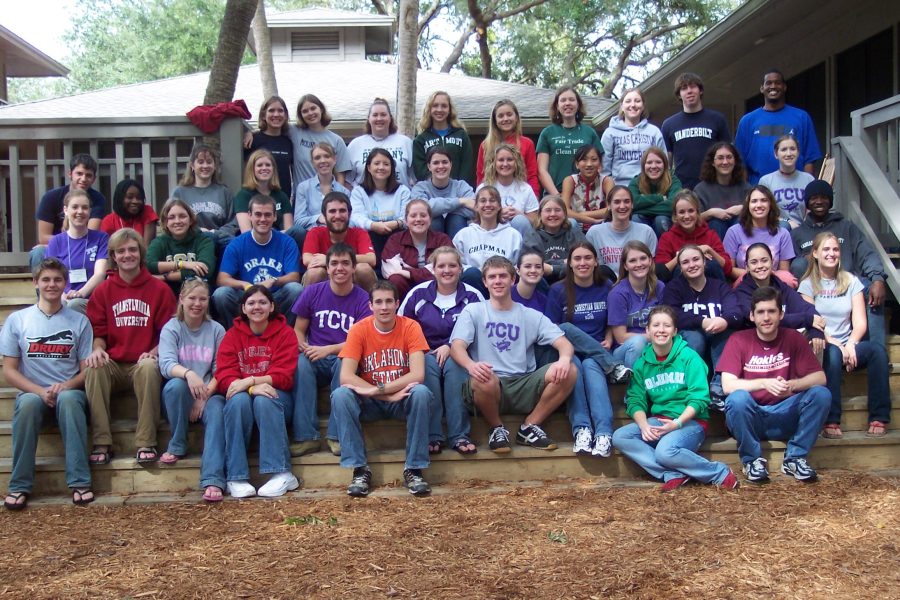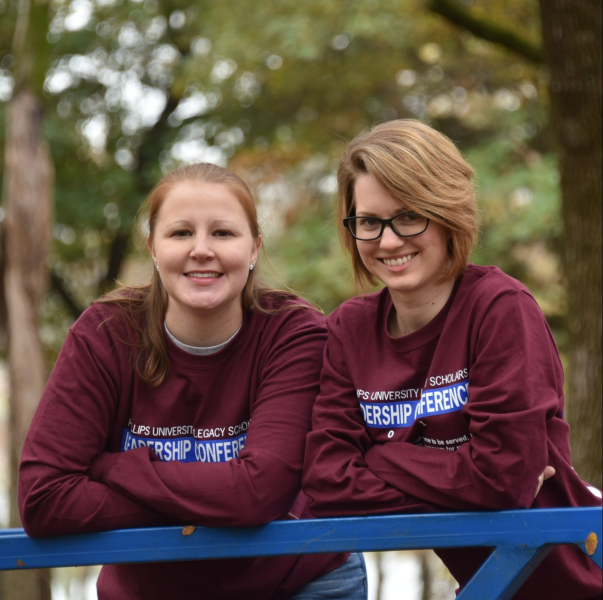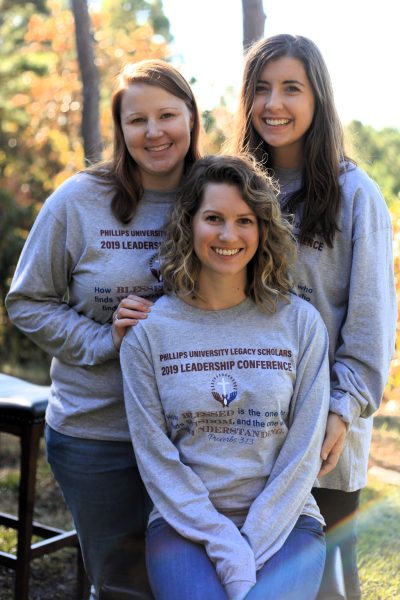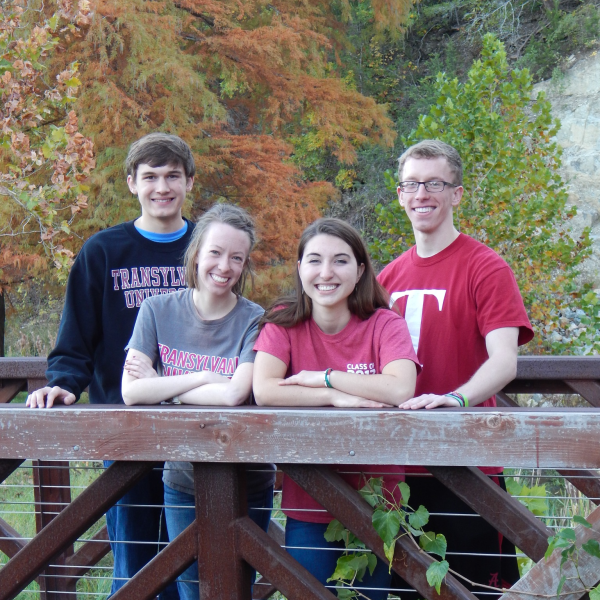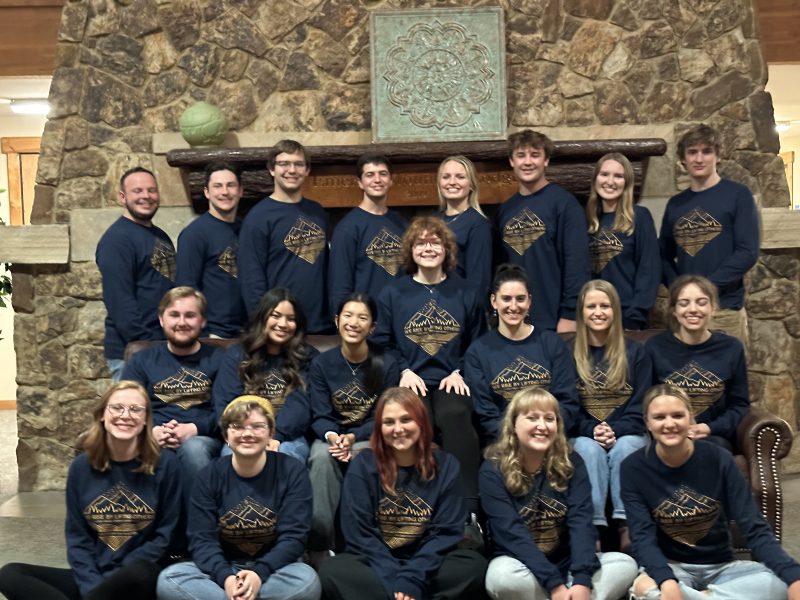“Leadership development in college is critical because it’s not just about leading others; it’s about empowering oneself to make a difference.”
– Simon Sinek
Building Connection, Community & Commitment
Across colleges and universities and across the country, studies show again and again that leadership development equips students with the skills, confidence, and vision to drive positive change in themselves and others. It develops problem solving abilities, fosters communication skills, promotes critical thinking and prepares students for the future.
This kind of work occurs best when together – when students come together from diverse colleges and universities and work in cohorts, to build connection, community and shared commitments that often last long after graduation.
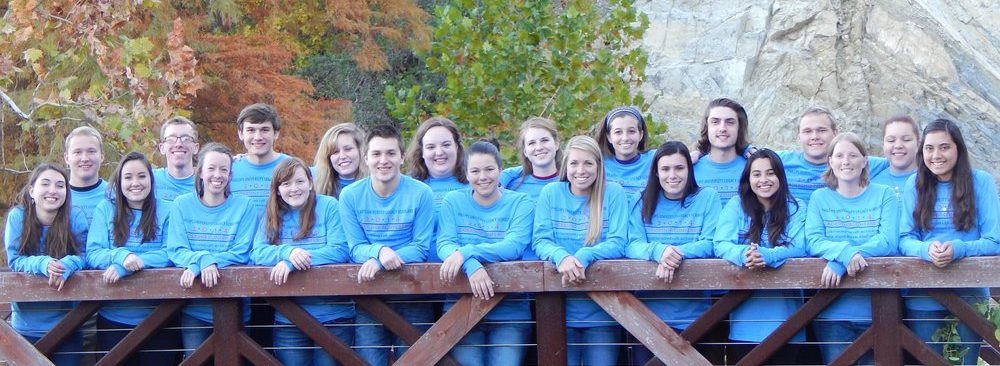
Equipping Students for Leadership
The Legacy Foundation’s leadership program is outcome-based and rooted in strengths-based leadership and service-learning models. The curriculum focuses on four core areas: 1) leadership competencies; 2) intrapersonal development; 3) communities and contexts, and 4) ethics and social responsibility.
The key in-person part of the leadership program is the Annual Fall Leadership Conference. The conference provides opportunities to strengthen leadership skills, explore leadership models, and work alongside a community of peers from across the country. The Volunteer Leadership Projects provides opportunities to put those leadership skills into practice through a project that makes a difference on a student’s campus or community. Cohort groups and online learning round out the experience.
One Legacy Scholar alum put it best when saying, “Through the leadership program, I discovered my potential, embraced challenges, and emerged stronger, ready to lead and inspire others.”


